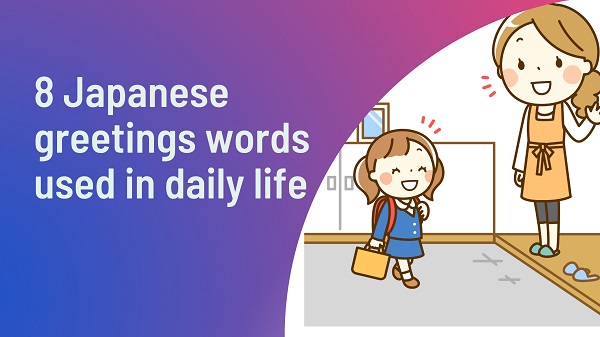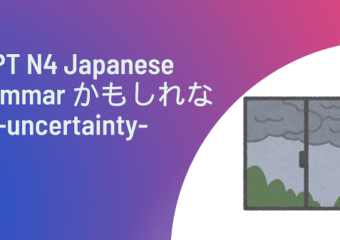I’ve been teaching Japanese for 3 years and have met many students.
When I teach them, they usually ask me to translate to English, but some expressions are difficult to translate.
Therefore, I am going to teach you 8 Japanese greetings used in daily life that are difficult to translate into English.
*Are you looking for a place to practice Japanese?
Youtonihongo is for you.
You may receive one free 30-minute trial lesson.
いただきます
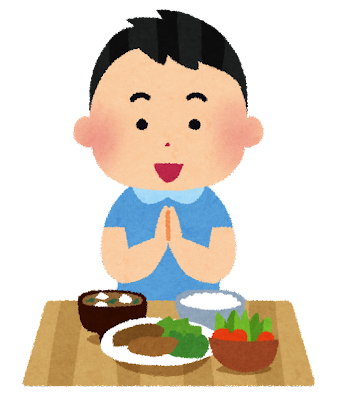
We say いただきます(itadaki masu)before we start eating.
Some translate いただきます to “thank you for the meal”, but I don’t necessarily agree with it.
We not only appreciate the food but also other things such as the chefs, suppliers, and so on.
Typically, we say いただきます(itadaki masu) as a greeting.
ごちそうさまでした

We say いただきます before we start eating.
Once done, we say ごちそうさまでした(gochisou sama deshita).
We say ごちそうさまでした as a greeting as well.
いってきます
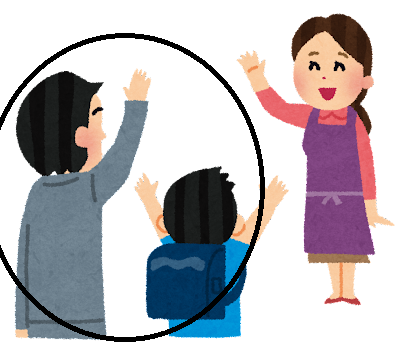
When we leave home, we say いってきます。(itte kimasu).
The direct translation is “I’ll go and come back”, but we also say いってきます as a greeting.
“I’ll go and come back” doesn’t make much sense in English.
いってらっしゃい
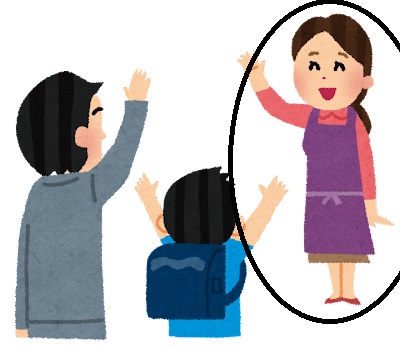
The remaining people at home will say いってらっしゃい(itte rassyai) as a response to the leaving persons いってきます(itte kimasu)
おかえりなさい
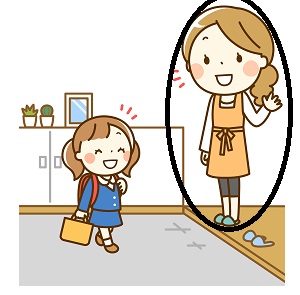
When a member of your family comes back home, we say おかえりなさい(okaeri nasai)to welcome them back home.
ただいま
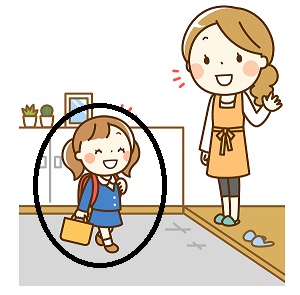
When your family returns home, we say おかえり(okaeri) and they will respond with “ただいま(tadaima)”.
よろしくおねがいします
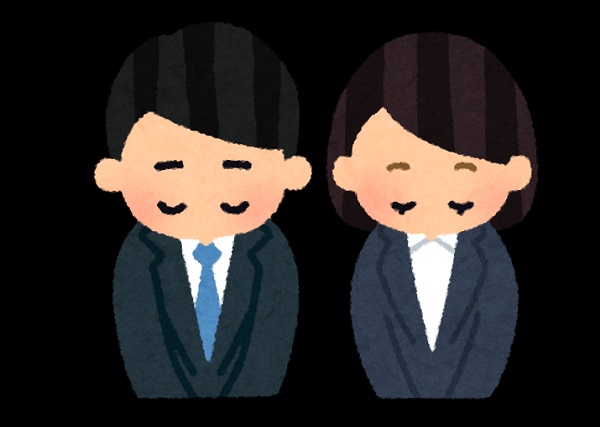
よろしくおねがいします(yoroshiku onegai shimasu) is sometimes translated to “Nice to meet you.”, but we used this word in some situations.
For example, when politely asking someone to do something for me, I would say よろしくおねがいします(yoroshiku onegai shimasu).
(ex) Can you submit it by today?
きょうまでに だして もらえますか?よろしくおねがいします(yoroshiku onegai shimasu)。
When you start working at a new place, while introducing yourself to your new coworkers, you would say よろしくおねがいします(yoroshiku onegai shimasu).
It includes many meanings for example, “I will make mistakes because I’m new, so please bear with me. (よろしくおねがいします).”
We also write よろしくおねがいします(yoroshiku onegai shimasu)at the end of an email.
(ex) Let’s meet at 7:30 tomorrow.
あしたの 7:30に あいましょう。よろしくおねがいします(yoroshiku onegai shimasu)。
Nice to meet you means I’m happy to meet you, but よろしくおねがいします doesn’t always mean it.
おつかれさまでした
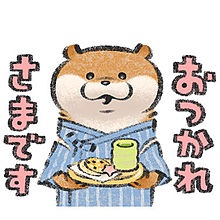
Some people translate おつかれさまでした(otsukare sama deshita) as “Thank you for your hard work”, but that is not always the case.
When we have finished working and are ready to leave, we would say to our coworkers or managers おつかれさまでした(otsukare sama deshita).
When meeting coworkers or managers at your workplace, we may say おつかれさまでした(otsukare sama deshita).
It’s a standard greeting used in the workplace.
When you receive a package, you could say to the delivery person おつかれさまでした(otsukare same deshita) instead of thank you.
In these examples, おつかれさまでした(otsukare sama deshita) would not mean “Thank you for your hard work”.
As with these examples, some expression are hard to translate into English because of language culture differences.
If the same culture doesn’t exist in your country, similar expressions wouldn’t exist.
Therefore, I believe that there is no reason to directly translate these expressions.
Instead, you need to understand the situations of when these expressions are used.
Youtonihongo will teach you Japanese by the direct method, which means teaching Japanese in Japanese.
This will hlep you understand when each expression is used.
If you would like to learn Japanese, please feel free to contact me.

The free trial class online
We offer online classes and in person classes
